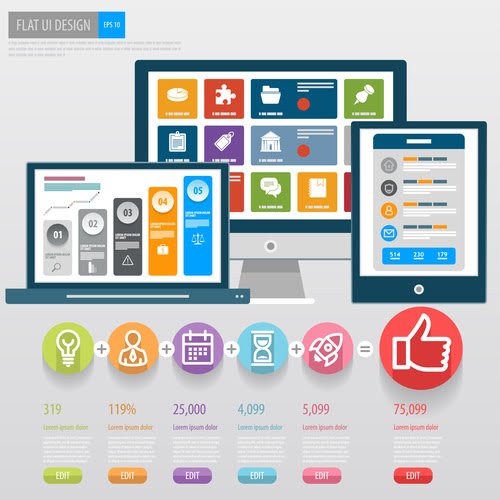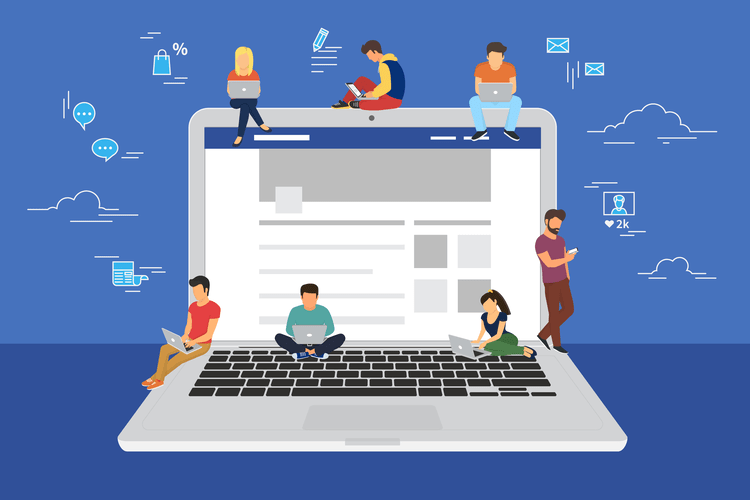Content
Thingworx is one of the leading IoT platforms for industrial companies, which provides easy connectivity for devices. Thingworx 8 is a better, faster, easier platform, providing the functionality to build, deploy, and extend industrial projects and apps. Kaa is a production-ready, flexible, multi-purpose middleware platform for establishing end-to-end IoT solutions, connected applications, and smart devices.
Analytics platforms use intelligent algorithms to analyze collected information and transform it into actionable insights for customers. Edge computing ensures there’s immediate preliminary data analytics right on devices. Electrolux is a home appliance company offering fridges, ovens, washers, dryers and more. Founded in 1919, Electrolux products are designed to be sustainable by using sensor technology that prevents excessive energy use in dryers and fridges. Tesla also gives drivers the option to connect to their vehicle through the Tesla app, which can access the vehicle’s charging history and climate controls and be used to schedule service and roadside assistance. Zubie offers real-time GPS for rent and business fleet tracking while monitoring vehicle health and driver performance.
Google Cloud IoT
Usually, this happens via WiFi, when devices are either directly connected to the local WiFi or via a gateway. Similarly, you can build an IoT platform for your company on your own, by building it on top of cloud computing services. Siemens MindSphere is actually built on SAP Cloud Platform, and Oden Technologies, an industrial automation company, uses Google Cloud. IoT Application Enablement Platforms create and deploy applications that leverage IoT data, whether they’re smart home devices or industrial control systems. Running connected devices on a platform like this helps organizations reduce operating costs by making their networks more efficient and more stable.

In practice, you are likely to use more than one IoT platform in your product, but more on that later in this post. By taking over the non-differentiated functionality, IoT platforms help you reduce your development risk and cost, and accelerate your product’s time to market. An IoT platform is a unique tool that will provide continuous monitoring of all your assets, be it vehicles, manufacturing equipment, livestock, or anything else. It will help you as the owner of a business gain a comprehensive view of all processes seasoned with intelligent analytics of collected data. The result — quicker decisions, reduced issues and increased revenues. The company offers e-scooters, bikes as well as wheelchair-compatible bikes that users can link to via a smartphone app.
Yonomi IoT Platform
Platforms for developing apps act as an integrated development environment with tools and functionalities. The real-time database vendor now enables users to search and combine unstructured data with structured and semi-structured data … Although there are some industry-specific IoT use cases, many of the most common deployments involving connected technologies transcend any particular vertical and can be found across a wide range of organizations. Connected devices can collect IoT data that indicates the health and quality of air, water and soil, as well as fisheries, forests and other natural habitats. Monitors on bridges collect and transmit data for analysis about their structural health, alerting authorities to maintenance needs before there’s any sort of failure or issue. Connected devices can be used to detect open parking spaces and transmit that information to kiosks or apps to alert drivers.
- McKinsey estimates that IoT could generate up to $11.1 trillion a year in economic value by 2025.
- You can manage every database you have from a single location with a DB Ops environment.
- Through this IoT application, this insurer is creating smart life insurance products and rewarding customers for their positive actions.
- Thinger’s main aim is to enable companies to help build IoT products.
- Security is no doubt a very important factor to consider when selecting a platform.
- IoT platforms fill the gap between the device sensors and data networks.
When choosing an IoT platform vendor for your organization, it’s important to consider which stage of development and execution your company is at. This article will discuss the four types of IoT platforms and look at which ones could benefit your organization. Intuz has a team of expert IoT developers that are highly talented and skilled to work on the IoT development project. SiteWhere runs on Apache Tomcat and is highly tuned with MongoDB and HBase applications.
IoT Device Management Platforms
There isn’t a single platform that is the best for all digital projects, so there isn’t a clear-cut answer to this question. The decision will always be based on the specific needs of your company. There may be other solution providers who may want to develop a solution but do not want to dwell on the intricacies of the devices and communication between them.
There is ample documentation about Zetta, including definitive info on APIs and supporting technologies. OpenSCADA is an open implementation of SCADA, short for Supervisory iot platform vendors Control And Data Acquisition and HMI (Human-Machine Interface) systems. The main properties include modularity, multi-platform, scalability, and openness.
Velocity Smart Cloud Platform
You need to be sure of the kind of support you will be getting before going with any particular platform. In the previous chapter, we saw that one of the biggest advantages of using an IoT platform https://globalcloudteam.com/ is that it speeds up the time to market. Ask for a realistic estimate of how long it will take to get to market and how the platform provider intends to support you during that journey.

All of these requirements must be in line with the budget and strategy of your business. The IoT platform aids in better understanding customers’ needs and facilitates the development of products that meet those needs. It gives organizations more intelligence and visibility into their operations, allowing for better decision-making. The market for IoT platforms is expected to grow to be worth $747 billion by 2023, according to studies. This increase in demand is attributed to the expansion of IoT devices and other related components.
Industrial, agricultural and commercial management
When choosing an IoT platform, businesses should consider several factors, including their budget, the type of solution they need, their security requirements, and the features and functionalities they need. Businesses should also consider the pricing model of the platform and how it will fit into their budget. Additionally, businesses should consider the vendor’s reputation and customer service. The Internet of Things is one of the most important technologies of the 21st century. It has revolutionized the way businesses operate and has enabled companies to improve their efficiency in ways never seen before. As a result, many businesses are now considering implementing an IoT platform to help them manage their IoT devices and data.
